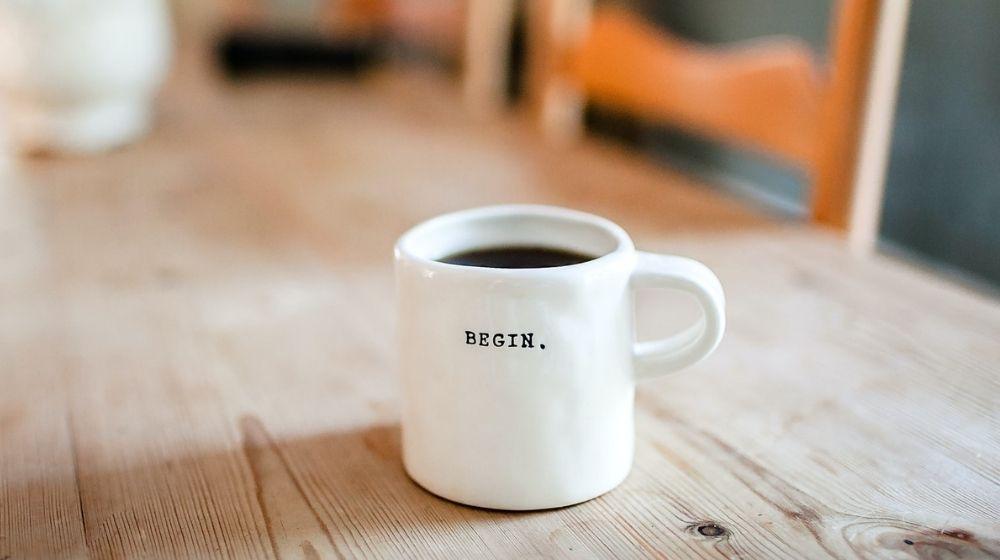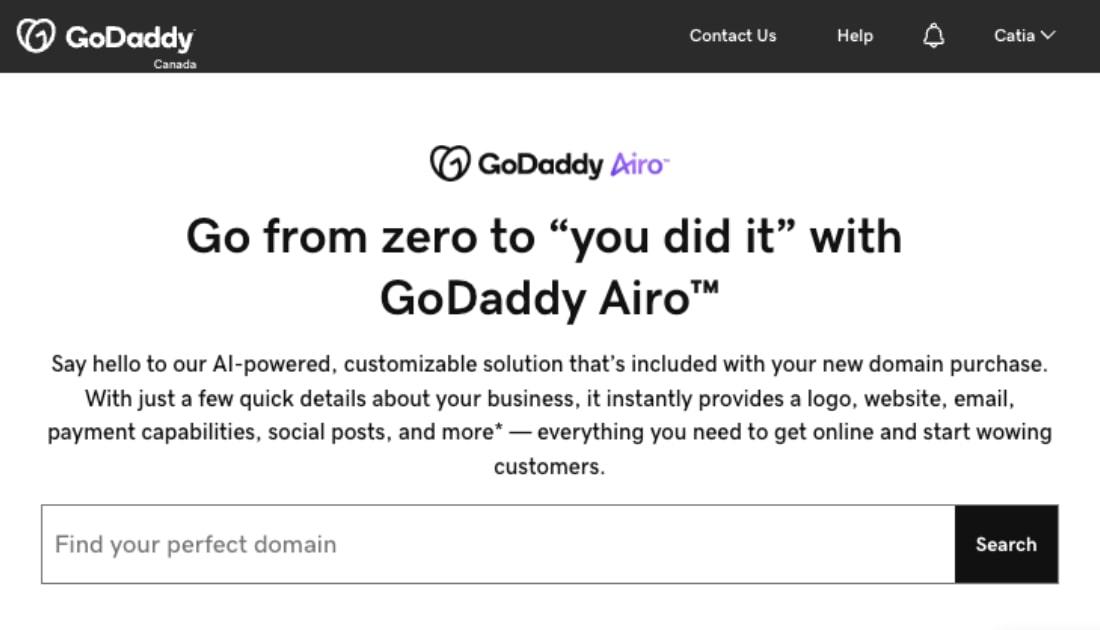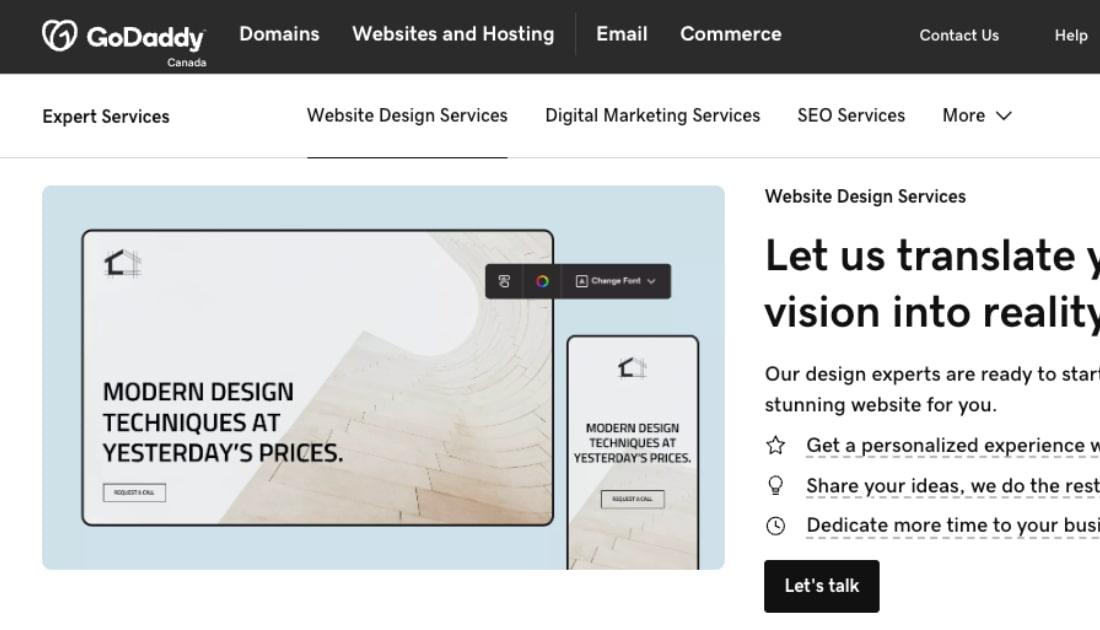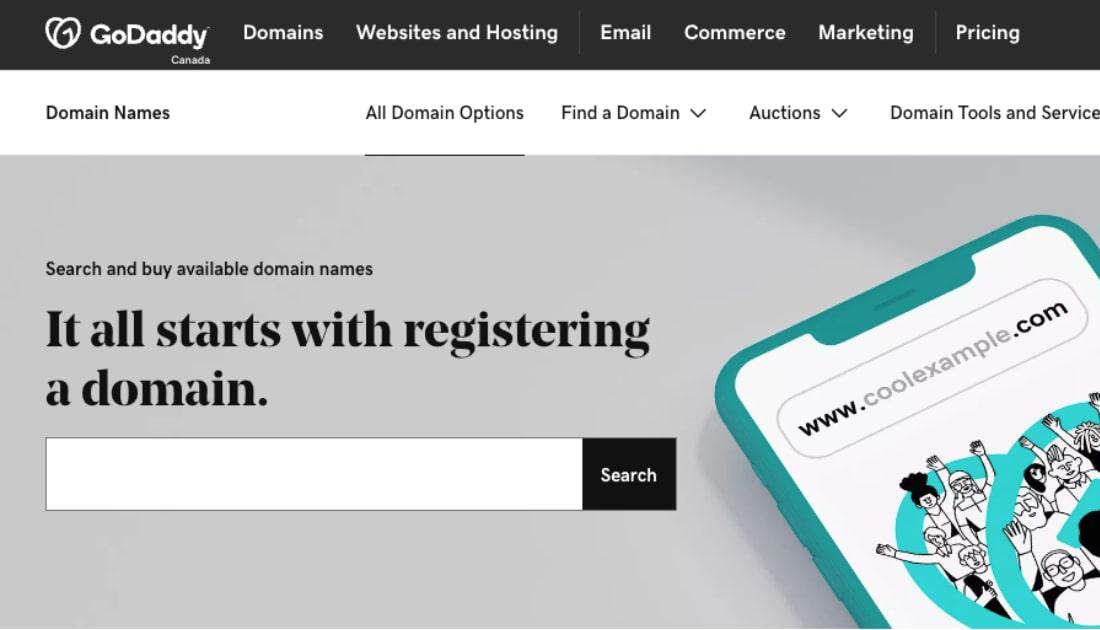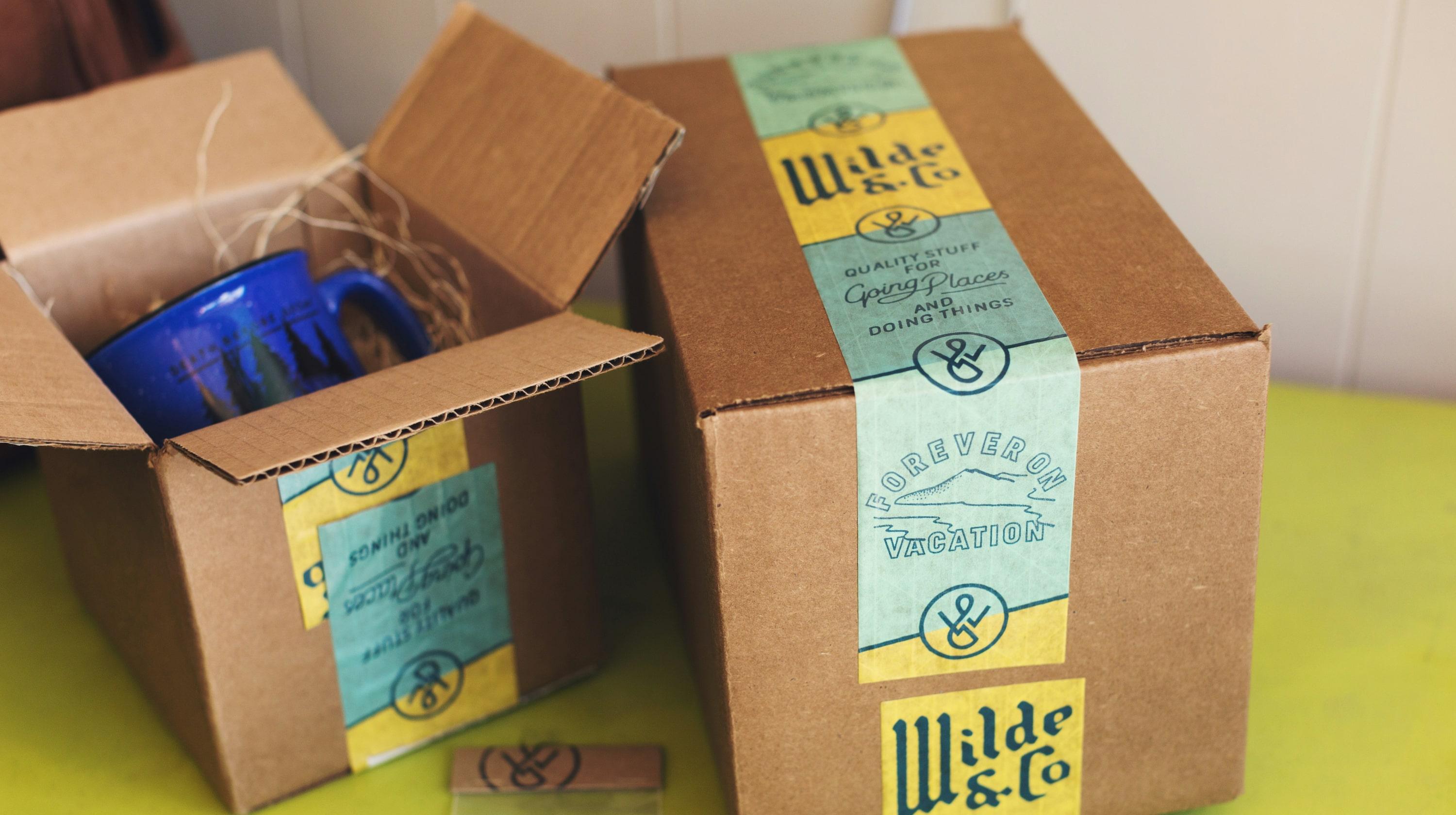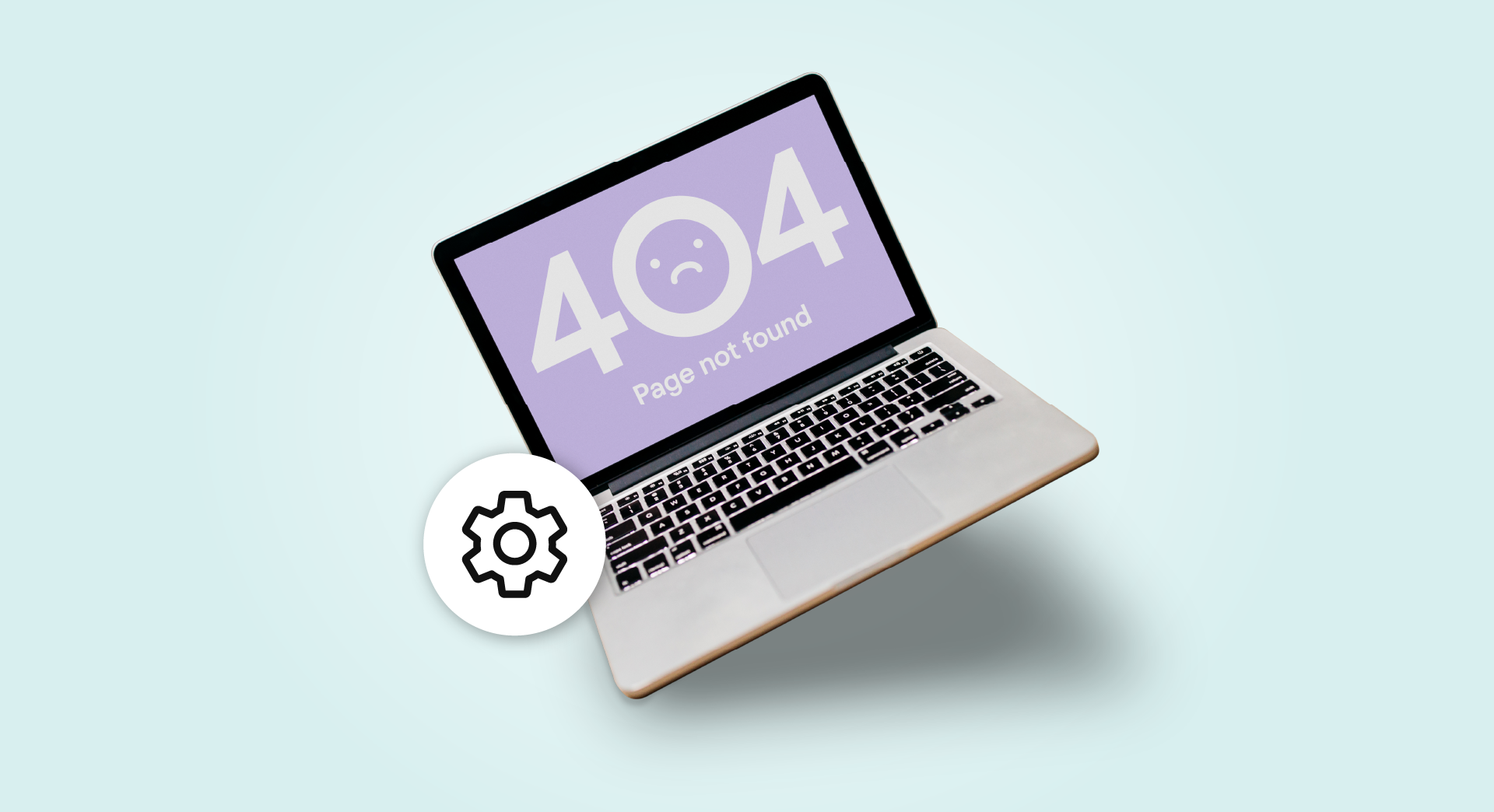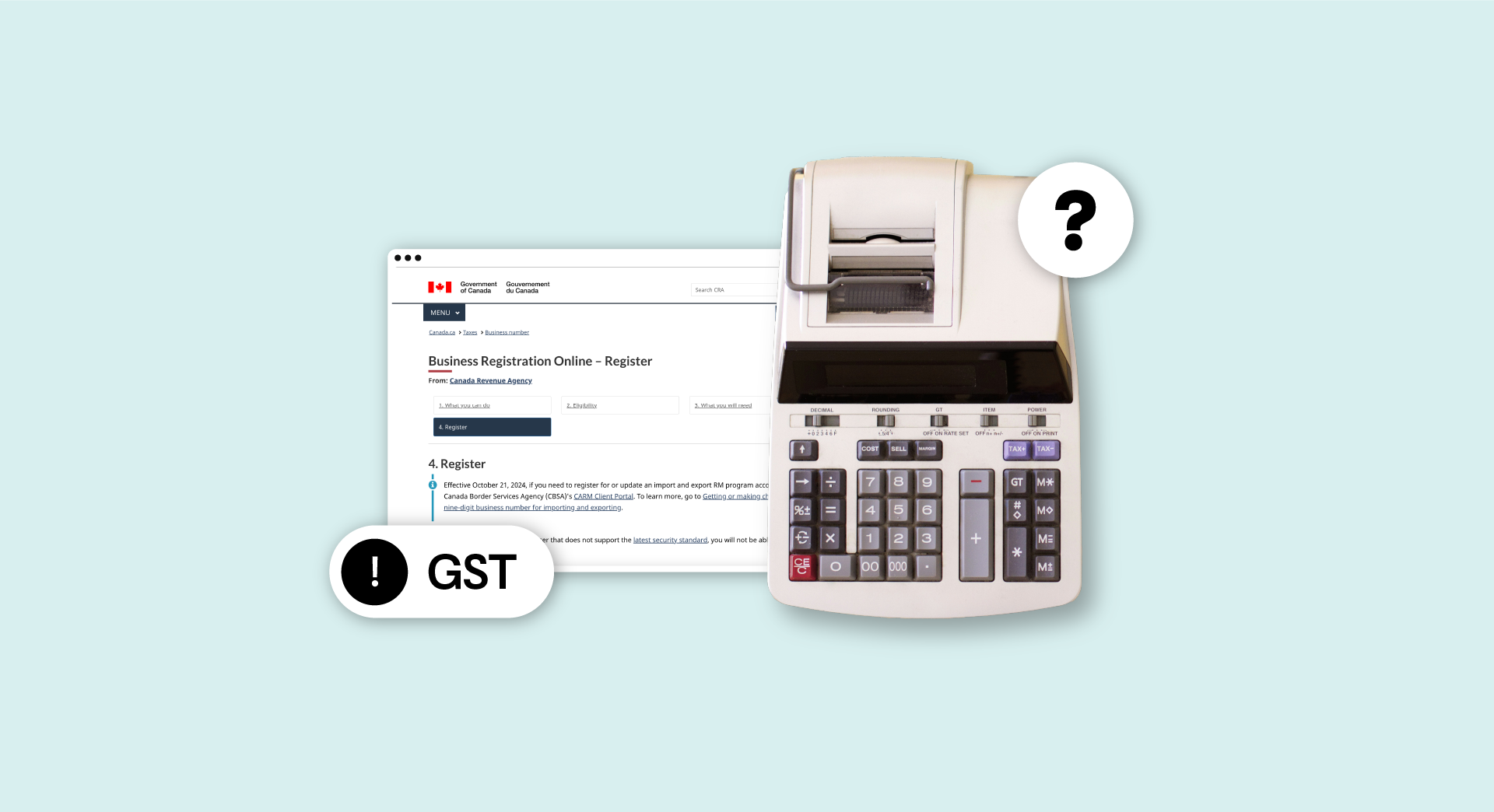Now that we’ve settled into a new normal, it might be a great time to look at what it would take to start a business in B.C. When consumer spending increases again, a well-run business in a growth sector would be a great investment that could bring you freedom down the road.
1. Real estate
My first suggestion for starting a business in B.C. is real estate.
While the B.C. real estate market took an initial hard hit in March 2020, it rebounded in a big way in 2021. While 2022 is off to a slower start, the British Columbia Real Estate Association states that, when compared to the long-term average, current sales activity is holding strong.
B.C continues to have one of the hottest markets in Canada.

Starting a business in real estate can mean an increase in income once you’re past the first year. Many find real estate the perfect fit, even with the pandemic-era changes.
Related: How to become a real estate agent in Canada
2. Creative fields

Despite the downturn that 2020 brought, long-run projections for the creative industry in B.C. are strong.
The demand for entertainment media while we’re at home is surging in many areas. Canadians have watched more YouTube videos and Netflix shows than ever.
This suggests there could be growth opportunities in:
- Starting your own YouTube channel
- Getting into the TV or movie industries that are based out of Vancouver
Fun Fact: Netflix made waves in 2020 when the company opened a 178,000-square-foot production hub at the Canadian Motion Picture Park studio in Metro Vancouver. Netflix acquired Scanline VFX in 2021, strengthening B.C’s creative economy.
If you’re not the type of creative to put yourself in front of people, you might consider offering online courses that teach creative skills like:
- Writing
- Illustration
- Calligraphy
More people are taking courses online, and the trend looks set to continue on that trajectory. I’ve had a number of people approach my web design business about building membership sites in the last few months.
3. Digital collectibles
One of the biggest disruptions to the creative economy has been the emergence of non-fungible tokens (NFTs) and the integration of blockchain technology.
Vancouver’s Dapper Labs took NFTs mainstream when it launched NBA Top Shot in 2020.

The company has rapidly expanded, launching NFL All Day and UFC Strike to bring digital collectibles to fans all around the world.
Dapper Labs is one of many new companies fueling the web3 movement, which focuses on:
- Decentralization
- Token-based economics
- Game theory
This shift which has created new business avenues for project managers, game developers, fashion designers, community managers, artists, product developers, musicians, marketers, graphic designers, animators, solidity developers, creative writers, and so many others.
Applying your skills to web3 can open avenues for new business development, especially in the metaverse.
4. Go green
B.C. has a reputation for being Canada’s greenest province. In fact, the City of Vancouver – which is home to more than 630,000 people and the eighth largest city in Canada – made it its mission to be the greenest city in the world by 2020.
The plan focused on renewable energy projects, green job creation, implementing the greenest building codes in North America and shifting investments away from constructing new roads to support modes of active transportation, such as walking and cycling.
In 2021, Vancouver achieved its mission and was ranked the greenest city in the world.
This crowning achievement was a hat tip to the many green businesses that help Vancouver and B.C. stay true to its environmentally-minded roots. That’s why if there’s any place to start a green-focused business, it’s in B.C.

According to Canada Post, there are five core factors influencing where consumers shop online. One of those factors is a business that sells environmentally friendly products.
Pair that with a province that’s dedicated to preserving its natural resources and citizens who passionately care about doing their part to combat climate change, and you have an economy collectively supporting green businesses.
I know what you may be thinking. There may be too many businesses in B.C. to differentiate yourself from other like-minded companies.
During the pandemic we learned that the supply chain is not only critical, but fragile. If there is an opportunity to source products locally, without the risk of having an item delayed weeks or months, then there’s an inherent advantage to you. It will also make yours a business that can stay afloat during turbulent times.
The great part of focusing on sustainability, is that your business can be in any sector. From creating recycled shoes to starting an architecture firm focused on sustainable infrastructure, the areas for business development are limitless.
Related: 6 ways to use sustainable sourcing in any business
5. New food
If you have noticed that your grocery bill is higher than normal, chances are it’s because of inflation and the supply-chain crisis. Lately, the shelves may have looked thin, with some items being completely out of stock.
Days, weeks or months pass, and the items you’ve been seeking still haven’t been replenished. You’re left wondering if you’ll ever see those products again.
Finding new ways for Canadians to sustainably feed themselves has prompted a new wave of food innovation.
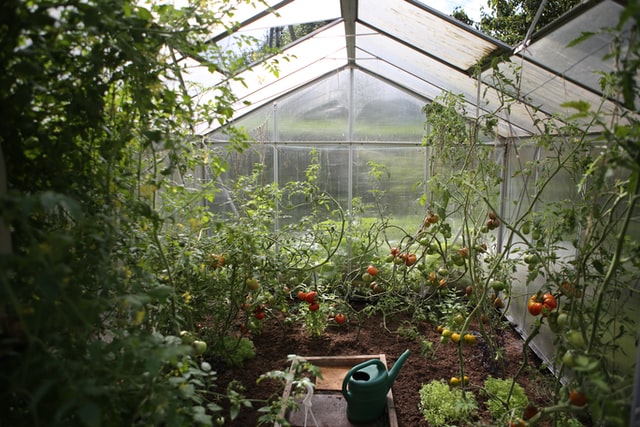
If you have a background in biotechnology or chemical engineering, the era of lab-grown food is waiting for you.
Just look at what Vancouver’s Top Tier Foods is doing. They’ve created the world’s first plant-based alternative to beef. They’ve also created Tosago and Cavi-art, a sustainable alternative to fish roe. And then, of course, there’s their Sushi Quinoa, which is the first of its kind developed for the sushi industry.
Assessing foods which may not be sustainable in B.C. and creating lab-grown alternatives alongside incredibly talented chefs is just one way to make food more affordable and sustainable.
6. Fitness-related businesses
My final suggestion for those who want to start a business in B.C. is fitness.
Around my house, the lockdown was a blessing in the fitness department. Yes, my wife was out of work, but that meant we both had more time to run, while still getting to see our kids.
Every single personal trainer I know has done great business over 2020 as they moved to outside or online classes.

Even better, in the Lower Mainland and Southern Vancouver Island, we have decent enough weather that you can continue to meet outside almost year-round. My Thursday running group is more likely to miss a smoke-filled morning in August than a rain or snow-covered run in January.
My wife and I even participated in several online-only running events throughout the summer, with some local running event companies I know posting record profits in the midst of a year with no live races.
Training plans can be given out online, and personal coaching sessions can be delivered via video calls, making fitness an activity that weathered the pandemic.
Editor's note: Tell us about your idea and GoDaddy Airo will generate a domain name, logo, website, social media handles and more. All for the price of your domain name.* Try it now! TechRadar Pro calls Airo a "game-changer for small businesses."
But, what does it take to start a business in B.C?
Two or three of the B.C. startup options we’ve talked about today are a relatively low investment financially.
- When my wife got her personal trainer’s certificate, the cost was about $1,000.
- Getting your Real Estate licence is more expensive at around $4,025.
- Anything related to videography is probably the most expensive type of business to start, given the equipment needs.
- Offering online courses is probably the least expensive of those mentioned here.
All of those costs pale in comparison to needing to rent commercial space or purchase an inventory, though.
Starting a business in B.C. checklist
The first step is always to make sure that you’re up for running a business. Over the 12 years I’ve been helping people with websites, there have been bad months that strained everything.
Are you the type of person who has a generally positive outlook when things get tough?
If that’s you, we can get down to the steps you have to take to operate a business in B.C.
1. Choose your business structure
You’ll need to decide which business structure works best for you. For most, starting as a sole proprietor or partnership will work great. Others will need to look at becoming a corporation or cooperative, depending on their business goals.

2. Pick a great business name
Choosing a good business name can be hard, but we’ve got a couple of business name generators we like that you can use.
Once you have a name, it’s time to register your business so that you have all your government paperwork filled out.
After you’ve registered your business, talk to an accountant about registering for PST (provincial sales tax) and GST (goods and services tax) so that you can charge PST or GST to your customers.
Editor’s note: Claim your own space online by registering your business name as a domain name. You can use this for email and as your web address.
3. Write a business plan
Next, you’ll need to look at developing a business plan and getting financing for your new business. If you’re going with a low-cost business, maybe you can skip the financing part.
I landed my first big web development client and used the deposit to purchase the computer I needed to finish the project.
Many businesses can be self-financed if you take it a bit slower and are thoughtful about your purchases.
4. Put your business online
Outside of getting any special registration for your industry, like a real estate licence or personal trainer’s certificate, the only thing left is to get your business online.
A business website is the first step in carrying out the marketing plan you put together when you did your business plan.
Editor’s note: Build a website yourself — truly no tech skills needed! — or let the pros at GoDaddy build one for you.
Frequently Asked Questions
Starting a business can be scary, and sometimes it feels like there are more questions than answers. Here are some frequently asked questions first-time business owners often have.
Can I start a business in B.C. if I’m not a Canadian citizen?
Yes, but you’ll need to do some extra research on what the tax requirements are.
Where can I find great business ideas?
Getting started is the hardest part. You may not know which sector to enter or how to best apply your skills. Or maybe you’re looking to build a solid team of innovators but are unsure if what you’re wanting to create is trending or not.
Here are a few resources to navigate to get those creative juices flowing:
When you’re ready to evaluate your business idea, Small Business B.C. has a great document to help you step back from your idea and look at the big picture.
How do I write a business plan?
The backbone to every business is its business plan. Each plan is composed of seven key areas:
- Executive Summary
- Opportunities
- Market Research and Competitor Analysis
- Marketing and Sales
- Team Framework
- Financial Projections
- Action Plan
I strongly suggestion checking out Small Business B.C.’s guide on writing a business plan. It has all the information you’ll need to get started.
How can I finance my business?
One of the core issues small business owners face is not having enough money to operate a business. This often happens when:
- Business plans are not fully flushed out with a budget
- If there are one too many unforeseen hurdles that eat away at the existing budget
Financing can be a saving grace and the B.C. government is an excellent resource for various financing options which may be available.
Here are some additional resources to explore:
- Canada Small Business Financing Program
- Industry Canada – Find Money for Your Business
- Vancity Business Loans
Are there business regulations?
It depends on the kind of business you’re operating. As a start, you can check out bizpal.ca to see if any special permits or licenses may be needed to operate your business. Another great resource is the Canadian Business Network.
Seek out the opportunities
While the pandemic has been challenging for some businesses, there are a few sectors that look pretty promising for those who want to start a business in B.C. Take a look at the ideas here and then work through setting up your own business in B.C.
*Premium features like business email and e-commerce available for an added cost.
UPDATE: This start a business in B.C. post was first published on 28 October 2020 and updated with the help of Ashliegh Gehl on 22 February 2022.
